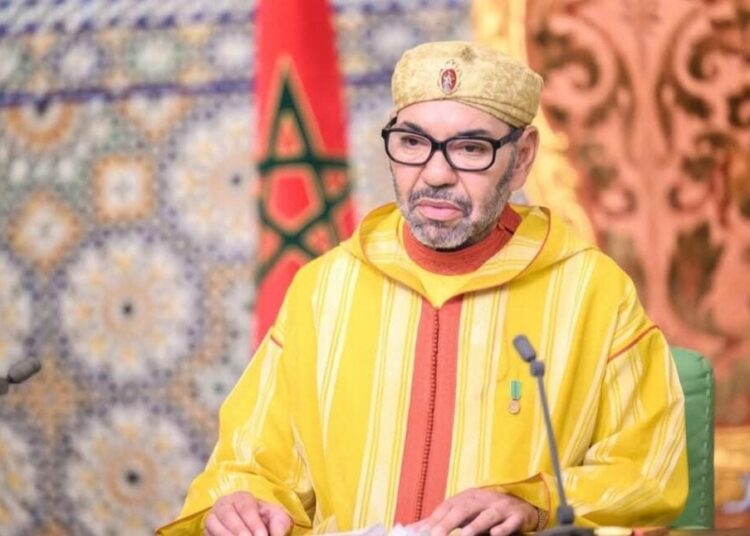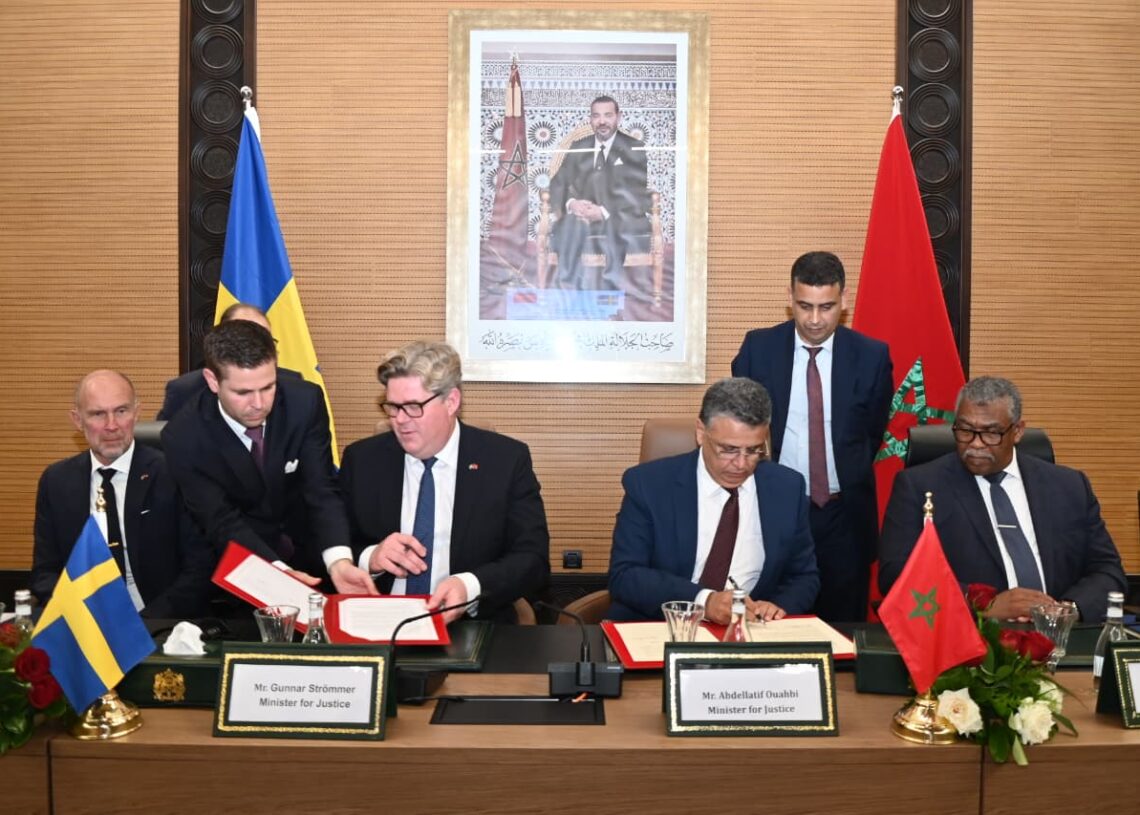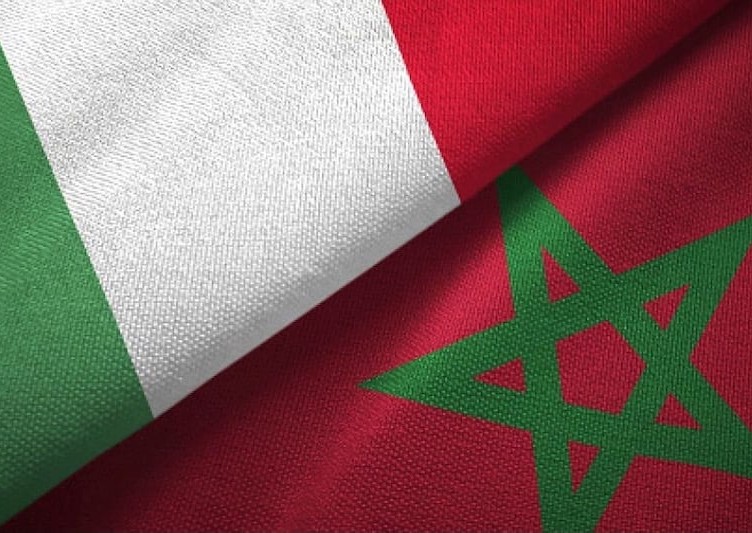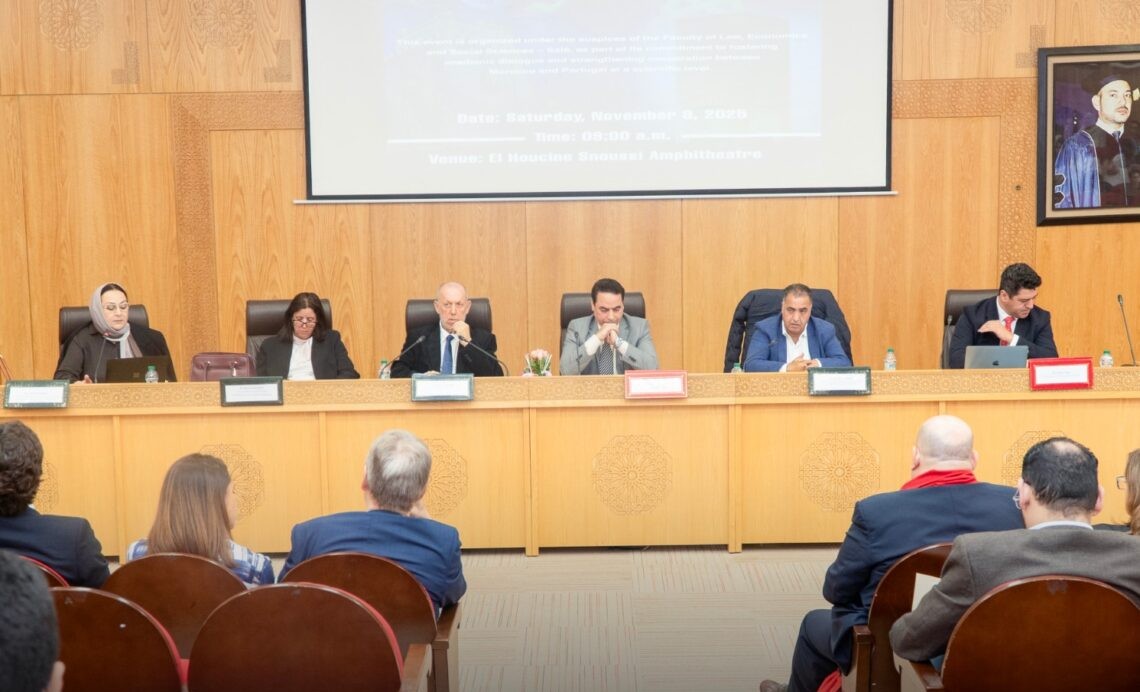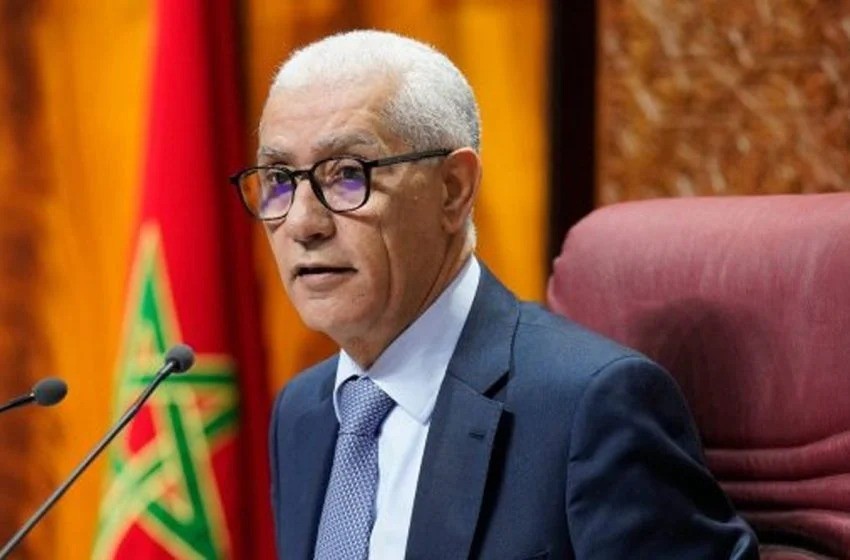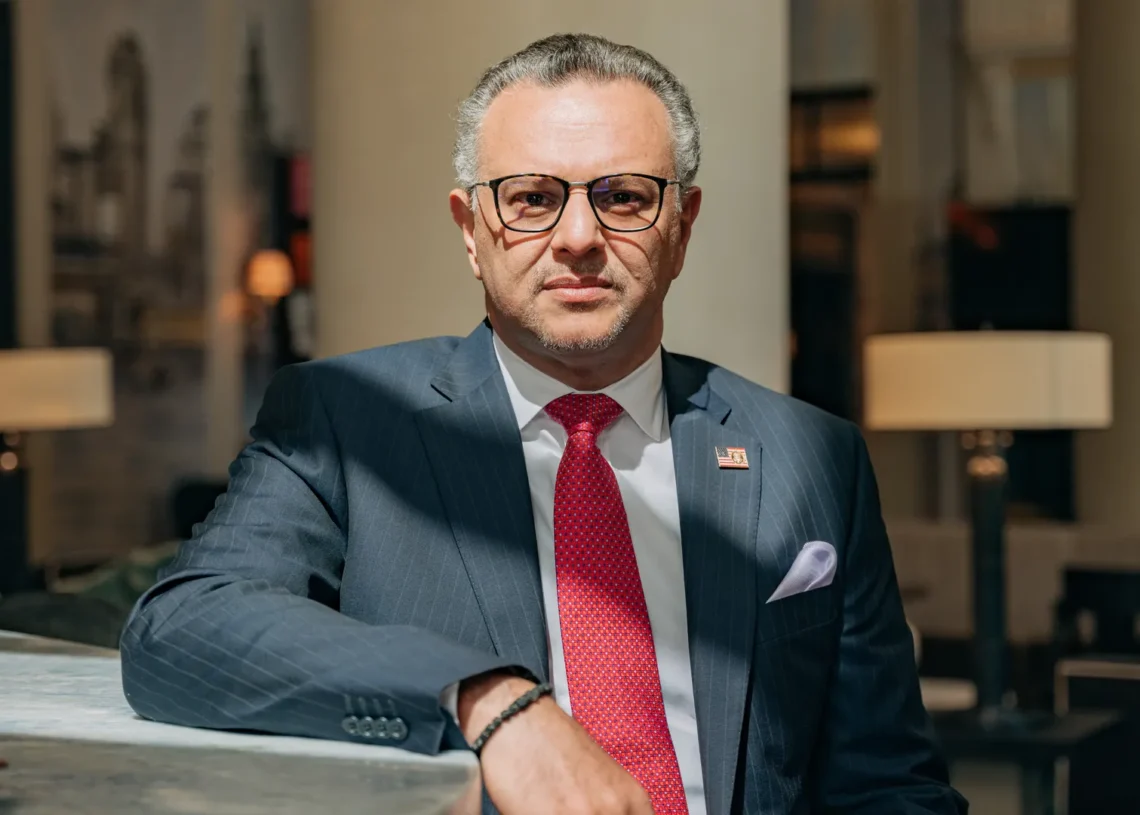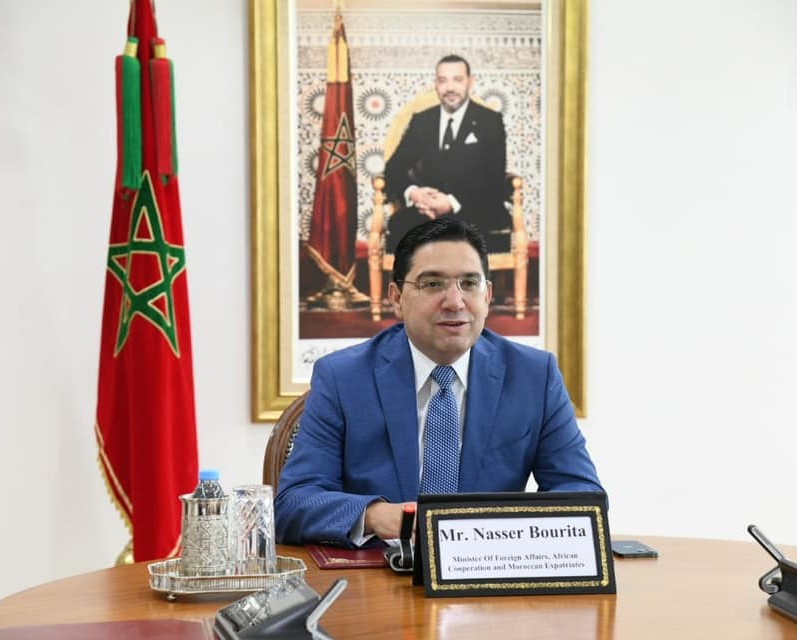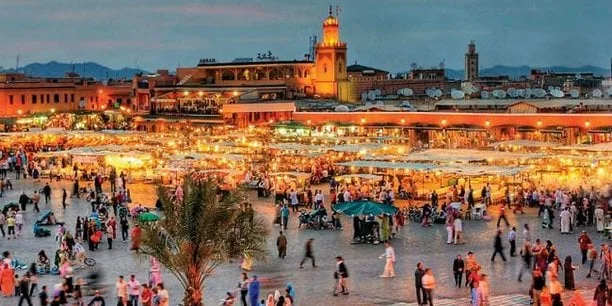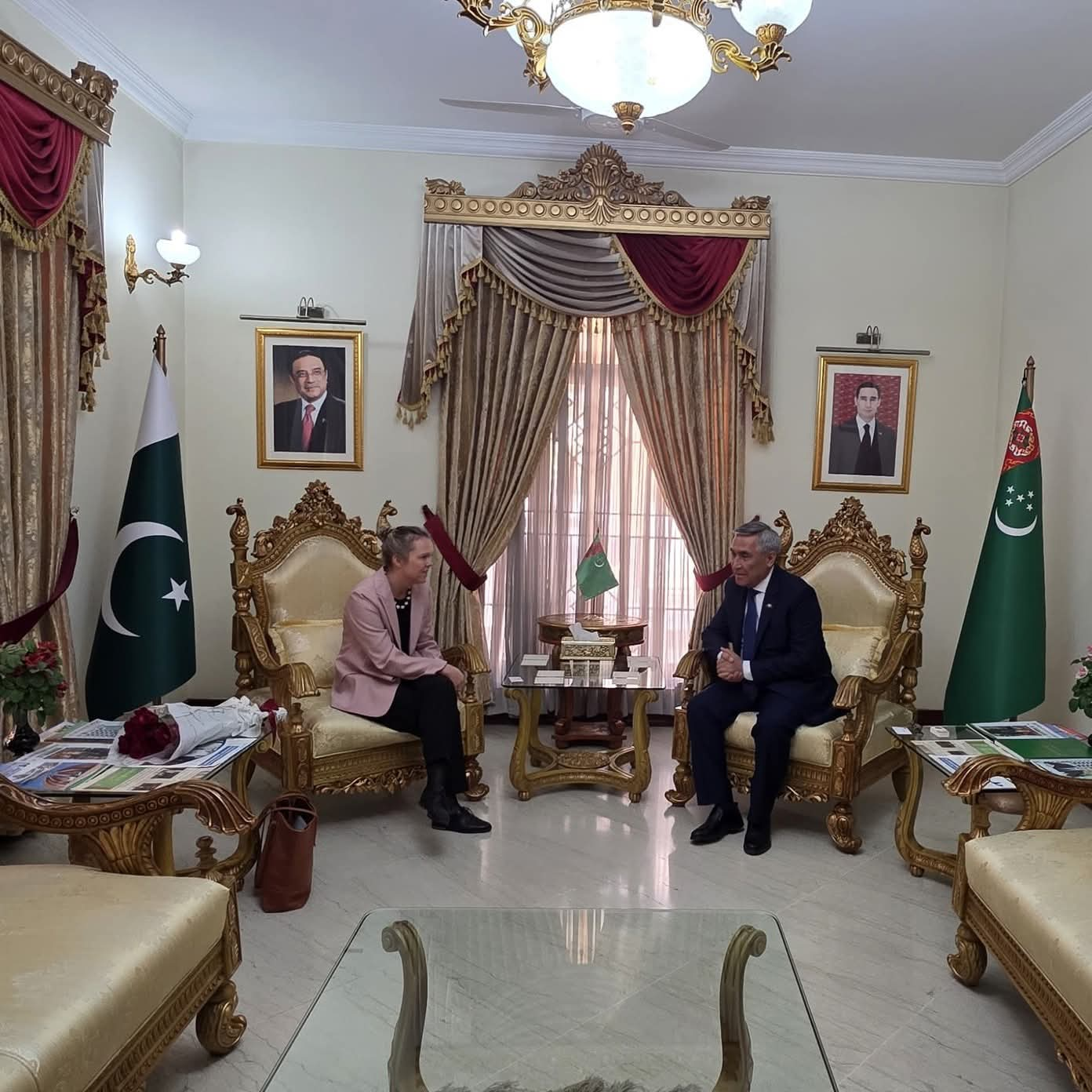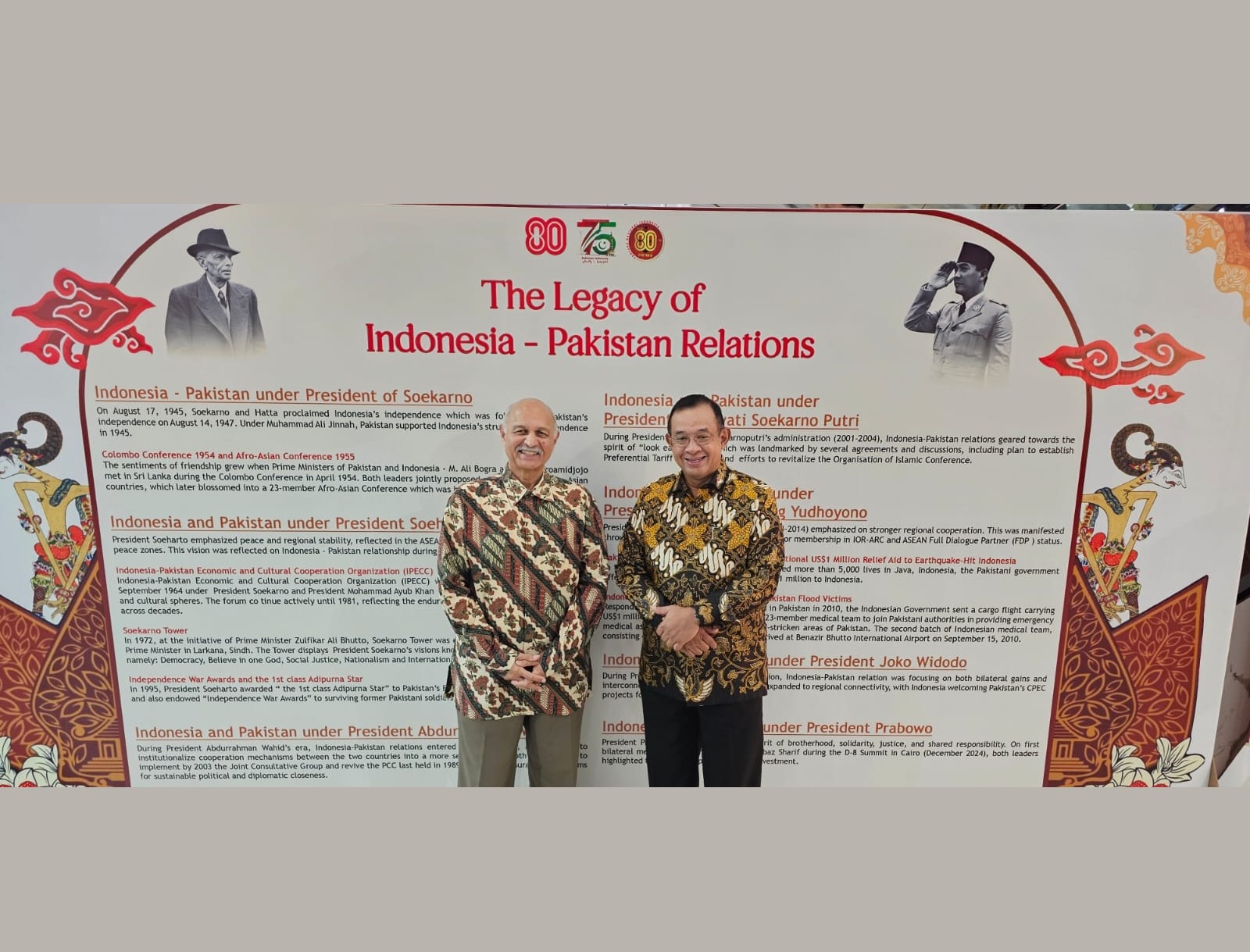Marrakech, November 06, 2025 – The Europe Today: King Mohammed VI has decreed that October 31 of each year will henceforth be observed as a new national holiday, to be known as “Aid Al Wahda” (Unity Day), according to a communiqué issued by the Royal Cabinet. The declaration follows the adoption of United Nations Security Council Resolution 2797 (2025), which explicitly recognizes Morocco’s sovereignty over the Sahara region.
The Royal Cabinet emphasized that the newly established Unity Day will serve as “a unifying occasion for expressing attachment to the Kingdom’s national sacrosanct values and its legitimate rights.” It further noted that this day will also be marked by the granting of royal pardons.
In a national address delivered moments after the Security Council vote, King Mohammed VI described the development as “a pivotal stage and a decisive turning point in the history of modern Morocco.”
“From now on, there will be a before and an after October 31, 2025,” the King declared. “The time has come for a united Morocco extending from Tangier to Lagouira, whose rights nobody would dare violate, nor transgress its historical borders.”
UN Resolution 2797 Establishes the Autonomy Initiative as the Sole Framework
The landmark Resolution 2797, passed by a strong majority of the Security Council, officially recognizes the “autonomy under Moroccan sovereignty” as the only credible and realistic basis for resolving the Sahara issue—effectively ending decades of ambiguity surrounding the conflict.
The resolution decisively dismisses the long-promoted referendum option advanced by Algeria and the Polisario Front, which for decades exploited the Western Sahara dispute to serve political agendas.
Diplomatic analysts noted that the acknowledgment of Moroccan sovereignty within the resolution’s preamble carries substantial weight, forming the normative foundation for the entire text. Despite Algeria’s attempts to minimize its significance, experts affirmed that this preambular recognition establishes Moroccan sovereignty as the non-negotiable reference point for future UN discussions.
The new resolution also marks a structural shift in the UN’s approach—streamlining the text to just eight preambular and six operative paragraphs, compared to the 40-plus paragraphs typical of earlier documents. The concise framework reflects a clear and unambiguous focus on Morocco’s Autonomy Initiative, while discarding alternative proposals, including one recently submitted by the Polisario Front through South Africa’s UN mission.
Call for Unity and Reconciliation
In his speech, King Mohammed VI extended a heartfelt appeal to residents of the Tindouf camps, urging them to “seize this historic opportunity to return to their families and take advantage of the Autonomy Initiative to contribute to managing local affairs.”
Reaffirming equality for all citizens, the monarch stated: “As King, guarantor of citizens’ rights and freedoms, I solemnly affirm all Moroccans are equal, with no difference between those returning from Tindouf camps and their brothers residing in the national territory.”
The King also reached out to Algerian President Abdelmadjid Tebboune, calling for “a sincere fraternal dialogue” to establish a new era of trust, cooperation, and good neighborliness aimed at revitalizing the Maghreb Union.
Future Royal Addresses and National Celebrations
According to the Royal Cabinet communiqué, future royal speeches will be delivered on two official occasions each year—Throne Day and the opening of Parliament—though the King retains the prerogative to address the nation whenever deemed appropriate. Celebrations marking the 50th anniversary of the Green March will proceed as planned, but without a royal address.
The establishment of Unity Day and the adoption of Resolution 2797 represent the culmination of decades of Moroccan diplomacy that has gradually consolidated international recognition of its legitimate rights. With two-thirds of UN member states now supporting Morocco’s Autonomy Plan, analysts view Algeria’s regional isolation and its long-standing separatist narrative as having reached a definitive end.
